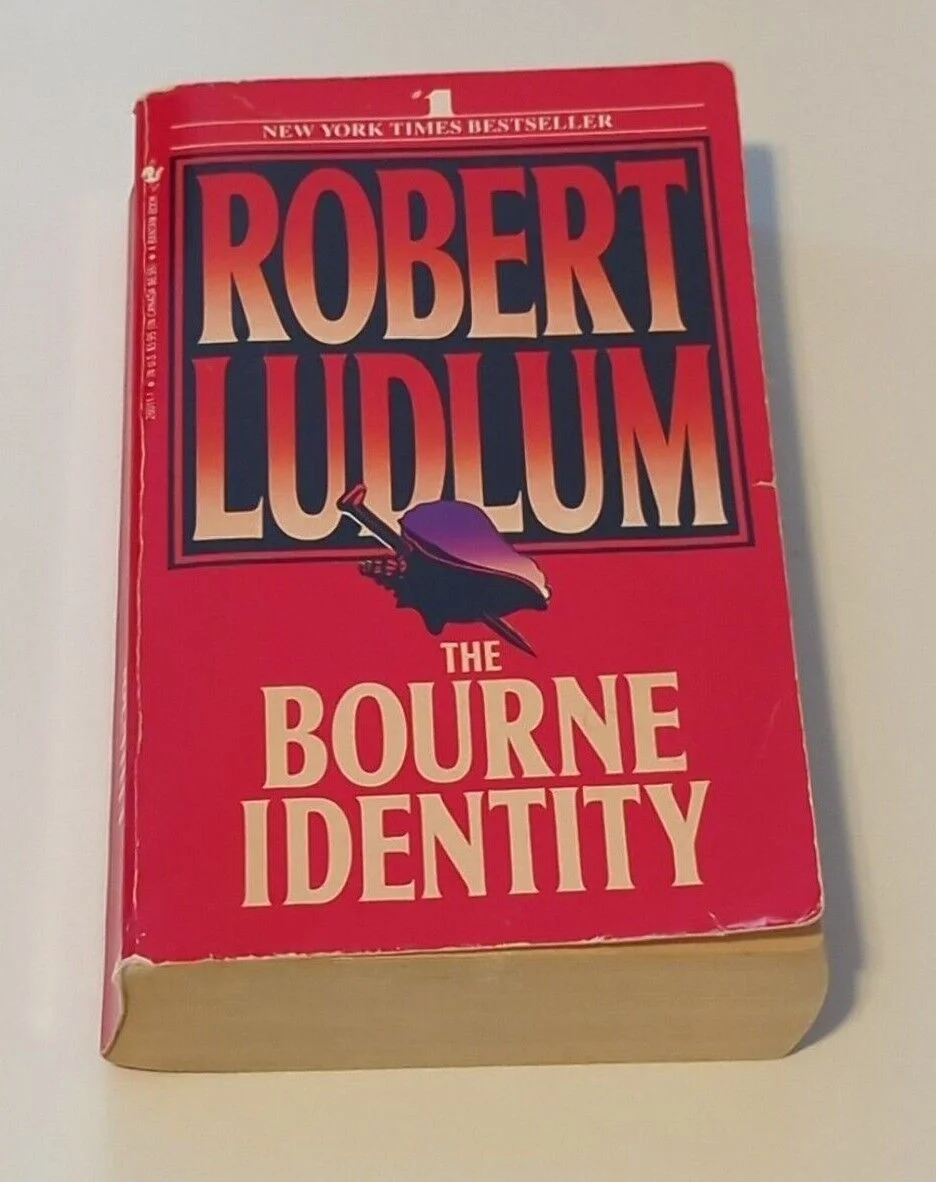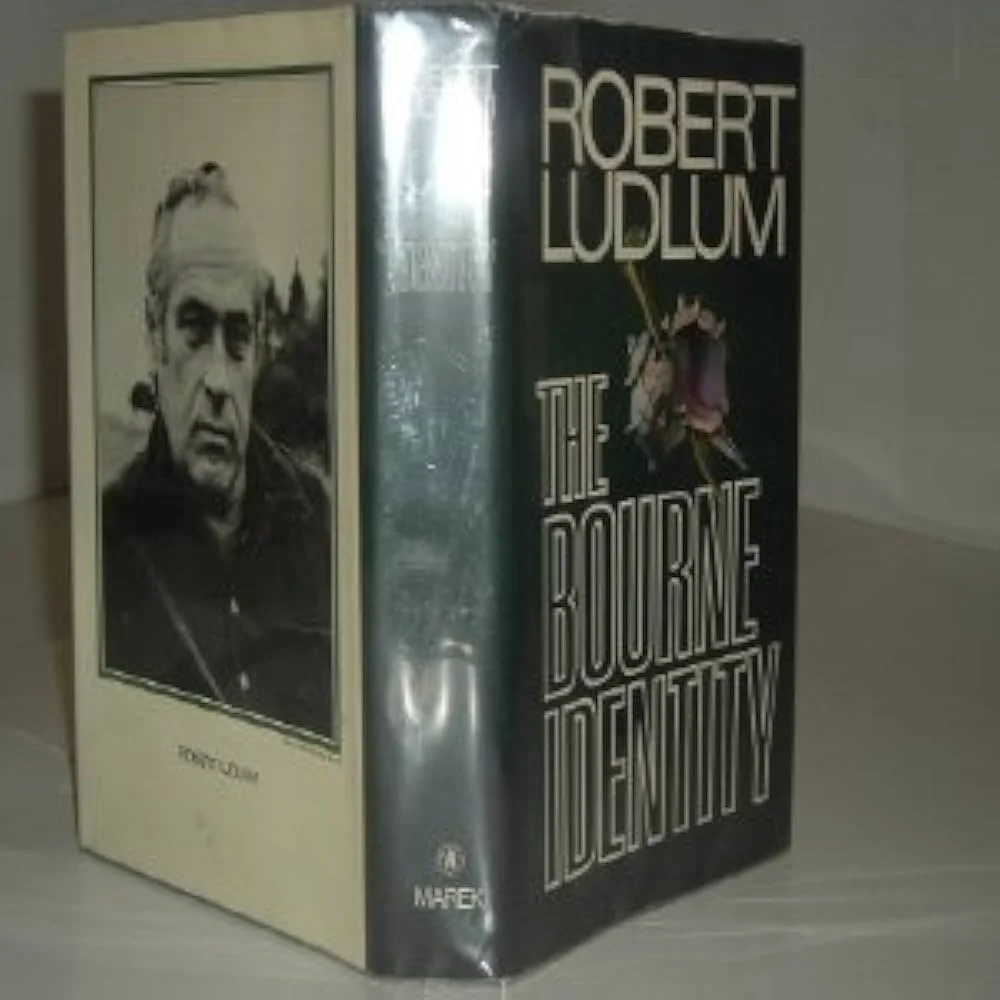As I sit here, still reeling from the whirlwind journey that was “The Bourne Identity,” I can’t help but reflect on how I stumbled upon this thrilling masterpiece. It all started on a rainy Saturday afternoon when I was rummaging through my uncle’s old bookshelf. The worn spine of Ludlum’s novel caught my eye, and I remembered how much I had enjoyed the movie adaptation years ago. Curiosity piqued, I decided to give the original source material a shot.
Little did I know that I was about to embark on a literary adventure that would keep me up for nights on end. From the moment I cracked open the book, I was hooked. The story of Jason Bourne, a man who wakes up with no memory but a set of extraordinary skills, immediately drew me in. As I followed Bourne’s journey across Europe, trying to piece together his identity while evading assassins and government agencies, I found myself completely immersed in Ludlum’s world of espionage and intrigue.
What struck me most about “The Bourne Identity” was its ability to balance heart-pounding action with deep psychological exploration. Ludlum’s writing style, while sometimes dense with detail, painted a vivid picture of the Cold War era espionage landscape. I found myself holding my breath during the intense chase scenes, my heart racing as if I were right there alongside Bourne.
One of the book’s greatest strengths, in my opinion, is its complex and multi-layered plot. Ludlum weaves a tapestry of conspiracy theories, double-crosses, and hidden agendas that kept me guessing until the very end. I particularly enjoyed how he incorporated real-world elements, like the infamous Carlos the Jackal, into the narrative. It added a level of authenticity that made the story feel all the more plausible.
However, I must admit that at times, the intricacy of the plot became overwhelming. There were moments when I had to pause and backtrack to make sure I hadn’t missed any crucial details. While this complexity adds depth to the story, it might be a bit challenging for readers who prefer more straightforward narratives.
One passage that particularly stood out to me was when Bourne first realizes the extent of his combat skills. Ludlum writes, “He was a lethal instrument, a machine whose purpose was to kill, to maim, to destroy. And he didn’t know why.” This moment sent chills down my spine, perfectly encapsulating the internal struggle Bourne faces throughout the novel. It made me ponder the nature of identity and how much our past actions define who we are.
Ludlum’s writing style, while not always elegant, has a raw energy that I found captivating. His descriptions of European cities and clandestine operations are so detailed that I felt like I was right there, shadowing Bourne on his mission. However, I did find some of the dialogue a bit stilted and expository at times. There were instances where characters seemed to be explaining things for the reader’s benefit rather than having natural conversations.
Reading “The Bourne Identity” has changed the way I look at spy thrillers. It’s made me appreciate the psychological aspects of espionage stories more than just the action sequences. I found myself questioning the morality of intelligence agencies and the toll that a life of secrecy takes on an individual. The book’s exploration of memory and identity has even prompted me to reflect on my own sense of self and the experiences that have shaped me.
I’ve been recommending “The Bourne Identity” to all my friends, especially those who enjoy complex thrillers. I tell them to prepare for a reading experience that’s both intellectually stimulating and emotionally gripping. However, I do warn them that it requires some patience and attention to detail. This isn’t a book you can skim through – it demands your full engagement.
In the end, “The Bourne Identity” has left an indelible mark on me. It’s reignited my love for the spy genre and has me eager to explore more of Ludlum’s work. As I closed the book for the final time, I found myself looking at the world around me with a bit more suspicion and wonder. Who knows what secrets lie behind the facades we see every day? That’s the magic of Ludlum’s writing – it makes you question everything, even long after you’ve turned the last page.